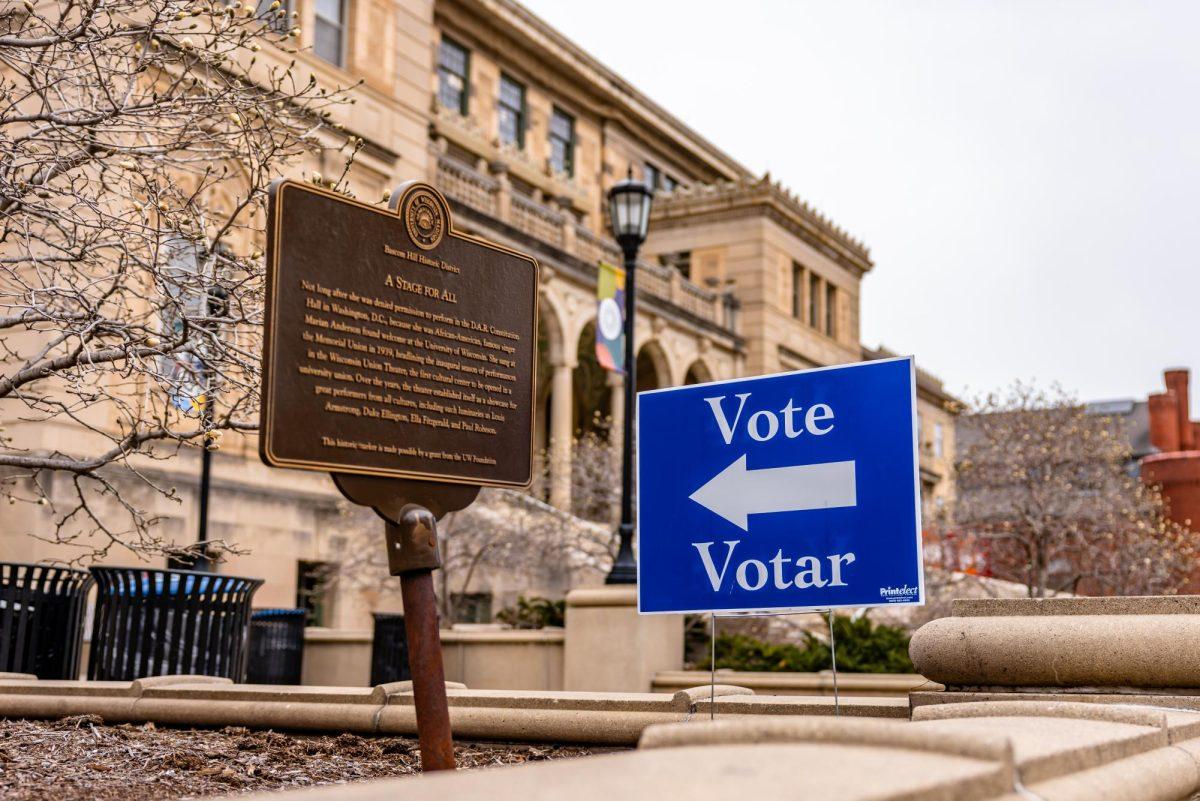In a report released this week by the Center for Disease Control and Prevention, opioid overdoses have increased by 30 percent over the past year.
According to the report, overdoses across many demographics have been on the rise since July 2016, with a 30 percent overdose increase among men, 24 percent increase among women, 36 percent increase in people between ages 35-54 and an especially high increase in overdoses in Midwestern states, at 70 percent. The 109 percent increase in Wisconsin was a leading contributor to the overall increase across the Midwest.
The report found the rise in overdoses did not discriminate when affecting cities and towns of all types, with the most rural areas seeing a 21 percent increase, and the most urban areas seeing a large and steady increase in overdoses ranging up to 54 percent.
It was also determined that people who have suffered opioid overdoses in the past are more prone to suffering one in the future as well.
MPD Chief Mike Koval addresses human trafficking, opioid crisis in Madison
The report highlighted a number of prevention and treatment methods that have been, and will continue to be, implemented to drive down the staggering effects of the nationwide crisis.
The report claims that opioid overdoses and deaths can be prevented by providing medication-assisted treatment, naloxone (an overdose-reversing drug), treatment and referral services to people suffering from opioid use disorder, and coordinating efforts with other health departments, mental health care providers, community-based organizations and law enforcement.
Gov. Scott Walker issues executive orders aimed at further combating opioid epidemic
Actions that can be taken at the federal, health department, emergency department, health care and individual levels were also laid out in the report. The federal government currently tracks overdoses to better understand and respond to overdoses and works to educate and equip states and health care facilities with the tools necessary to combat the crisis.
The report explained health departments can alert communities of increases in overdoses and support access and availability to treatment. Additionally, emergency departments can develop post opioid-overdose protocol, health care providers can assess a patient’s drug history and only prescribe opioids when the benefits outweigh the risks, and all people can better educate themselves on opioids and the current crisis surrounding their misuse.























